Blord Group Launches Blunt Gadgets, Targets Made-in-Nigeria Production by 2026





Union Bank of Nigeria Plc, a leading advocate for environmental sustainability and ESG in Africa, marked World Environment Day 2025 by partnering with the Nigerian Conservation Foundation (NCF) to host a high-impact symposium themed “Ending Plastic Pollution” at the Lekki Conservation Centre, Lagos.
The event brought together corporate leaders, environmental experts, and stakeholders to address the urgent challenge of plastic pollution and champion innovative solutions for a cleaner future.
The symposium featured thought-provoking discussions on the environmental and economic risks posed by plastic waste.
Speaking at the event, Union Bank’s Chief Brand and Marketing Officer, Olufunmilola Aluko, said, “At Union Bank, sustainability goes beyond banking. We are dedicated to empowering communities with knowledge and resources, like recycling initiatives to tackle plastic pollution and rejuvenate our environment.”
In line with this commitment, Union Bank extended its impact through an educational outreach in Lagos secondary schools, donating recycling bins and raising awareness about environmental preservation among young Nigerians.
These efforts are part of the bank’s broader UnionCares platform, which drives impactful Corporate Social Responsibility (CSR) initiatives across Nigeria.
The bank remains steadfast in promoting ethical business practices, social responsibility, and sustainable community development.
About Union Bank Plc:
Founded in 1917, Union Bank is a pioneer in the Nigerian financial industry, renowned for its “Simpler, Smarter Banking” and unwavering commitment to empowering individuals, businesses, and communities through innovative solutions and sustainable initiatives.
The Bank is a trusted and recognisable brand with an extensive network of over 300 branches across Nigeria. The Bank offers various banking services to individual and corporate clients, including current, savings, and deposit account services, funds transfer, foreign currency domiciliation, loans, overdrafts, equipment leasing, and trade finance. The Bank also offers customers convenient electronic banking channels and products, including Online Banking, Mobile Banking, Debit Cards, ATMs, and POS Systems.
By Amaka Obiefuna

Shell says it will continue to explore opportunities to invest in Nigeria as the country aims to achieve energy abundance.
Speaking at a panel session at the 2025 Nigeria Oil and Gas Conference in Abuja , Managing Director, Shell Nigeria Exploration and Production Company Ltd (SNEPCo) Ronald Adams referred to the expansion of its stake in the Bonga field, the FID on Bonga North and several other projects being considered including Bonga Southwest and HI as Shell’s vote of confidence in the future of Nigeria. But he declined to give specific timing on FIDs including that on HI.
Discussions at the panel session were based on the theme, “Pragmatically Achieving Energy Abundance,” and featured chief executives of oil companies and government functionaries who proposed steps towards achieving energy sufficiency as Nigeria targets net-zero emissions from fossil fuel by 2050.
Ronald said SNEPCo would build on its contributions to energy abundance by becoming more efficient and improve value across the value chain by working closely with the Nigerian Upstream Investment Management Services (NUIMS) and other stakeholders. “There is a requirement for us to push the envelope. We cannot rest on our oars,” he said.
He explained that Nigeria can achieve the ambition of net-zero emissions and at the same time provide cost-effective and efficient energy for a rising population by optimizing investments in hydrocarbon energy sources and quick renewable opportunities.
On the efforts of Shell towards net-zero emissions, the Managing Director said the company’s refreshed Powering Progress strategy aims to accelerate the transition “purposefully and profitably to low-carbon businesses by the early 2030s.”
He added: “It is important that government continues to support these efforts and those of other industry players through the right polices and creation of a conducive environment for businesses to thrive.”

GoBorderless.Africa enables users to place sponsored press articles directly with verified news outlets in multiple African markets, including Nigeria, Ghana, Kenya, South Africa, Egypt, and Côte d’Ivoire, all from a single, self-serve platform. Whether launching a new product, announcing a strategic partnership, running a perception campaign, or implementing a regional SEO backlink strategy, users can now browse a catalogue of top-tier publishers, view their pricing and publishing terms, and submit stories directly for review.
“For far too long, African communications professionals have had to work with fragmented, informal processes just to secure media placements,” said James Ezechukwu, Co-founder of SquirrelPR. “GoBorderless.Africa replaces that friction with structure, transparency, and speed – it’s modern media buying for modern storytelling.”
Publications available on the platform include TechCabal, Pulse Ghana, Nairametrics, The Africa Report, BusinessDay, Business Insider Africa, and others. Each listing includes the outlet’s name, pricing, turnaround time, and category – allowing users to build targeted, cross-border campaigns with speed and clarity.
Africa’s media landscape remains among the most fragmented in the world. Thousands of newsrooms operate independently across regions and languages, with no centralized pricing or editorial standards. As a result, communications teams often struggle to scale their visibility across multiple markets without relying on expensive PR agencies, ad hoc freelance agents, or inconsistent delivery timelines. Worse, payments to media partners are often difficult across borders, leading to project delays and failed executions.
GoBorderless.Africa bridges this gap. By centralizing discovery, pricing, publishing, and payment into one trusted platform, it helps agencies, government communication teams, and in-house marketers execute with confidence. It also offers media outlets a new revenue model by monetizing sponsored editorial space without compromising credibility.
“We’re enabling professionals to tell bigger stories, in bigger places,” Ezechukwu added. “And we’re giving African media a stronger bridge to the brands that want to support them.”
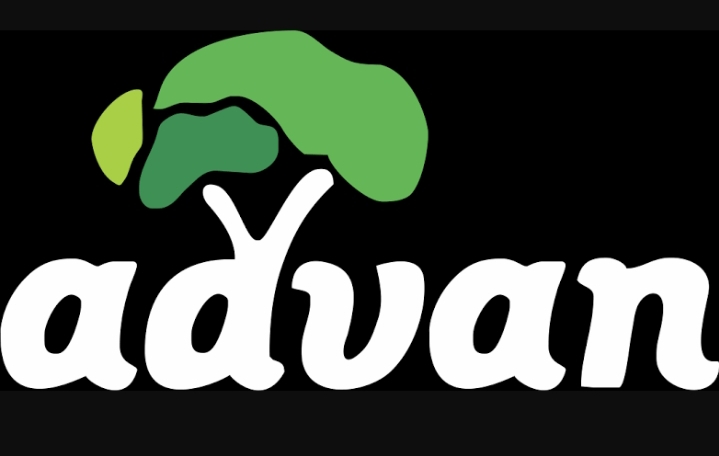
By Amaka Obiefuna
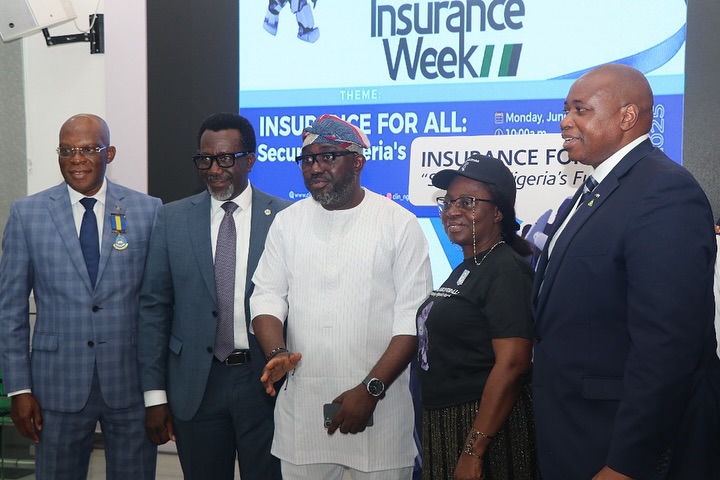
The Commissioner for Insurance (CFI) and the CEO of the National Insurance Commission (NAICOM), Mr. Olusegun Omosehin, and the President of the Chartered Insurance Institute of Nigeria (CIIN), Mrs Yetunde Ilori, have both commended Insurance Meets Tech (IMT) Conference for its transformative role in accelerating digital adoption and innovation in Nigeria’s insurance sector.
The highly respected insurance leaders made the commendation during the Opening Ceremony of the maiden edition of the CIIN Insurance Awareness Week, held on Monday, June 30, 2025, in Lagos. The event, themed “Bridging the Gap: Advancing Insurance Through Innovation and Inclusion,” brought together key insurance stakeholders, policymakers, technology professionals, and experts to discuss the future of insurance in Nigeria.
Mrs. Ilori commended the consistent and rich discussions, as well as the relevance of the collaborative showcases, through which the annual engagement event has highlighted the importance of a technology-first approach in reforming the Nigerian insurance industry.
In his remarks, Mr. Olusegun Omosehin commended the work of IMT in reshaping the industry through innovation and the Convener’s commitment over the years.
“Digital innovation is no longer optional; it is essential to the growth and relevance of insurance in today’s Nigeria. Platforms like Insurance Meets Tech are not just forums for discussion; they are engines of disruption that are modernising how we engage with the insuring public. I want to commend the Convener for this disruptive idea, calling all to embrace technology and build the trust necessary to deepen insurance penetration across all strata of society,” he said
CIIN President, Mrs Yetunde Ilori, “The work being done by Insurance Meets Tech is reshaping how our industry operates—breaking traditional boundaries and creating room for innovation, particularly among younger, tech-savvy consumers.”
“This initiative is giving the insurance sector a much-needed edge, increasing acceptance and relevance while driving sustainable impact on the economy. It is clear that the future of our profession depends on how well we integrate digital tools and think into every facet of our operations.”
Odion Aleobua, Founder/Convener, Insurance Meets Tech (IMT), thanked the distinguished insurance thought leaders for the kind words, saying, “We are deeply honoured by the endorsement of Nigeria’s insurance leadership—Commissioner for Insurance, Mr. Olusegun Omosehin and CIIN President, Mrs Yetunde Ilori. Their support for Insurance Meets Tech reflects a shared commitment to transforming the industry through tech and digital innovation. This affirmation of our value creation proves that when regulators, practitioners, and technologists unite, we can build an insurance ecosystem that serves every Nigerian, digitally and inclusively.”
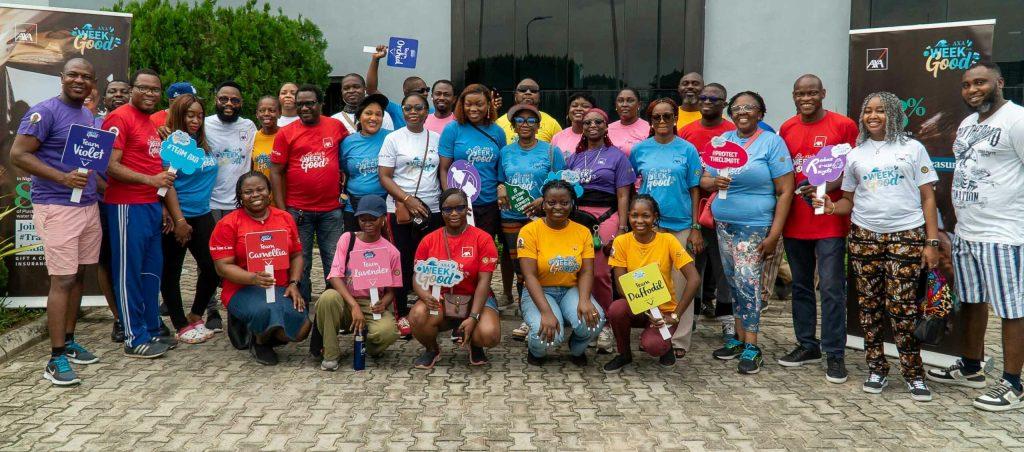
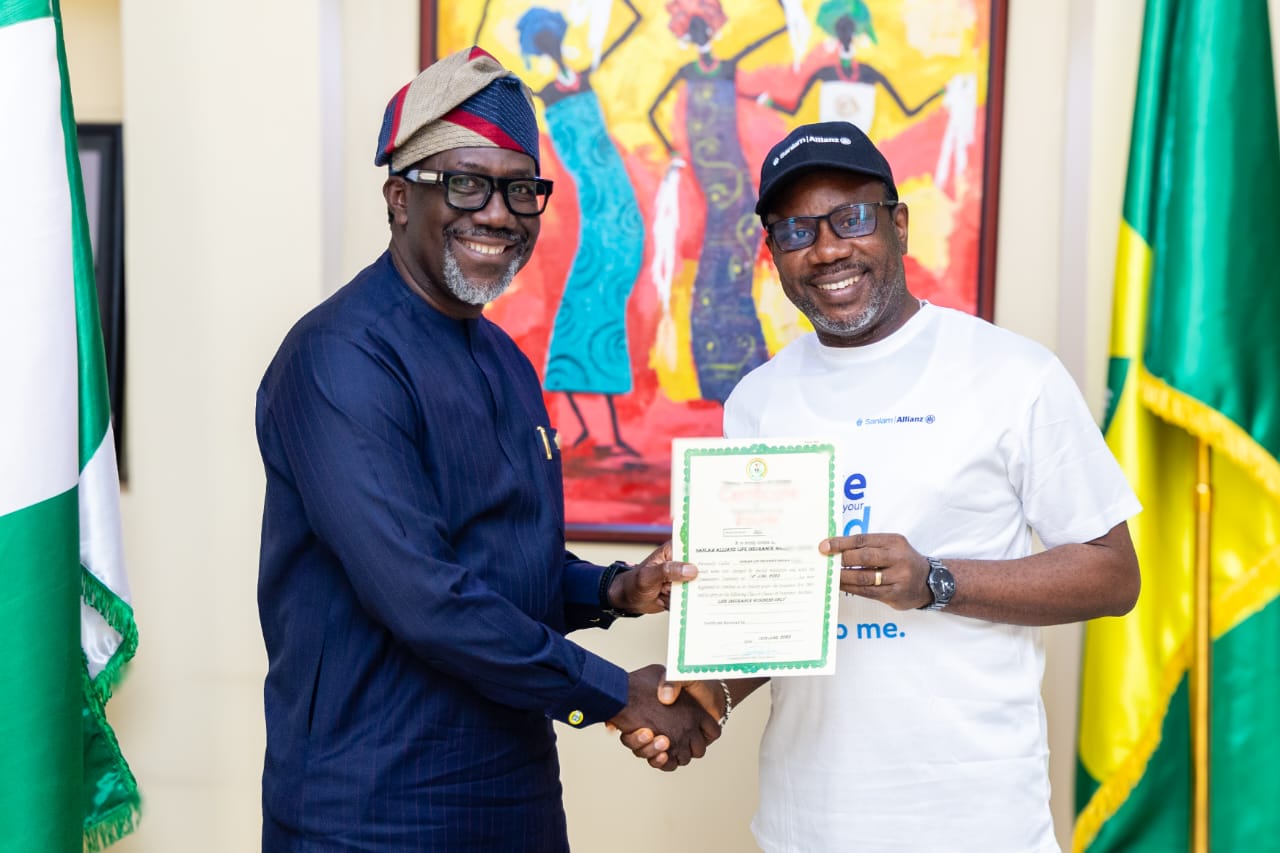
The National Insurance Commission (NAICOM) handed over new licenses to SanlamAllianz Life and General Insurance Nigeria Ltd. in a brief ceremony held in Abuja.
Commissioner for Insurance, Mr. Olusegun Ayo Omosehin, emphasized the Commission’s commitment to supporting the growth of insurance entities in the country, while ensuring strict compliance with regulatory requirements. He urged the companies to prioritize good corporate governance, stability, and timely claims settlement processes.
The Commissioner reiterated NAICOM’s dedication to removing unnecessary bottlenecks and improving the insurance industry’s overall performance. He expressed confidence that the merger would enhance the companies’ capabilities and contribute to the industry’s growth.
By Winifred Bosa
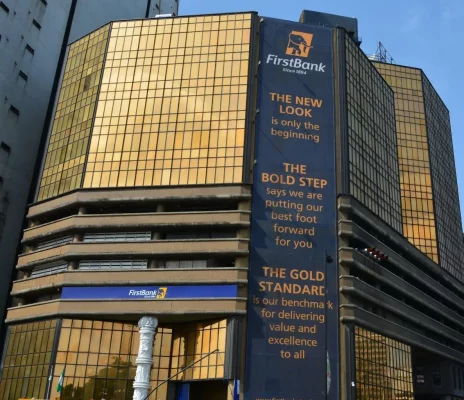
FirstBank, the West Africa premier financial institution and financial inclusion services provider has launched an advanced facial biometric technology on its mobile banking application- FirstMobile, along with other exciting features that includes:
• Facial recognition sign-up and activation
• Virtual credit cards for secure online shopping
• Instant credit card activation
• Flexible salary advances with 3-month repayment options
• General improvements, bug fixes,
These upgrades all aim to provide customers with a seamless, secure, and efficient digital banking experience.
The new facial biometric feature enables users to activate or register on FirstBank’s mobile app- FirstMobile securely, using facial verification. This feature also includes an advanced anti-spoof detection, to enhance customer account protection and ensure robust security.
This innovative solution effectively addresses the diverse needs of customers, including new customers, diaspora customers without cards, individuals with lost or expired cards, those who have opted out of card use, as well as customers facing card verification failures or lacking convenient access to card details.
This feature will provide seamless access to essential banking services, such as fund transfers and bill payments ensuring swift, reliable, and convenient transaction processing for all users.
The newly enhanced FirstBank mobile banking platform, FirstMobile, offers a comprehensive array of features and services designed to provide our customers with a seamless and innovative digital banking experience, no matter where they are in the world. With these substantial improvements, users can easily sign up and activate the app using just their face.
They can shop online securely with a virtual credit card that is instantly issued and always accessible within the app. Additionally, customers can activate their new credit card directly from the app to start spending immediately. They also have the option to access salary advances with a convenient 3-month repayment plan.
“With these new services now live on FirstMobile, we are confident we will undoubtedly enhance our customers’ digital experience.” remarked Chukwuma Ezirim, Group Executive, E-Business and Retail Products Division, FirstBank. “FirstBank is committed to innovative ways of delighting our customers so that they can carry out their transactions with no stress and with utmost convenience.
We understand the importance of keeping up with the evolving digital landscape, and we are dedicated to providing our customers with cutting-edge solutions that make banking simpler, faster, and more accessible. Our goal is to ensure that every interaction with FirstBank enhances customer satisfaction and builds long-lasting relationships”
To deliver on its promise of gold-standard banking services, FirstBank remains committed to advanced innovative solutions and robust secure security measures, to protect customer data and empower them to transact effortlessly and manage their finances effectively.
 Access Bank PLC has once again demonstrated its leadership in sustainable finance with a strong showing at the launch of the Climate Governance Initiative Nigeria (CGIN) Chapter, hosted by Lagos Business School.
Access Bank PLC has once again demonstrated its leadership in sustainable finance with a strong showing at the launch of the Climate Governance Initiative Nigeria (CGIN) Chapter, hosted by Lagos Business School.
Dr. Greg Jobome, Executive Director, Risk Management at Access Bank, was specially invited to speak at the event in recognition of the Bank’s pioneering role in integrating sustainability into its business model and its inspiring leadership within Nigeria’s corporate landscape.
In his presentation, Jobome provided a comprehensive overview of how Access Bank has embedded climate risk considerations across its governance structure, operations, and financial decision-making processes. He noted that climate change is a standing agenda item at both Board and Executive Management levels, with dedicated policies and systems in place to monitor and manage its impact.
Access Bank operates in 24 countries and serves over 60 million customers, with more than 18.5 million digital banking users and over 800 branches. The Bank has a capital adequacy ratio of 20.46% for its banking group and maintains a broad international footprint, including branches in Paris and subsidiaries in Angola.
The Bank has implemented a range of climate-focused initiatives including the measurement and reporting of Scope 1, 2, and 3 emissions, adoption of the Partnership for Carbon Accounting Financials (PCAF) model for financed emissions, and application of global reporting frameworks such as Task Force on Climate-related Financial Disclosures (TCFD) and the recently launched International Financial Reporting Standard (IFRS) S1 and S2 standards.
To date, Access Bank has installed over 974 solar-powered ATMs, reduced paper usage by more than 72% through process automation, and achieved a 50% reduction in landfill waste at its headquarters through comprehensive recycling initiatives. Its Sustainable Finance Accelerator programme has supported numerous businesses in the climate space, providing funding, capacity building, and technical assistance. The bank has also reached over 63 million lives through social investments.
Dr. Jobome stated that climate considerations are integrated into credit approvals, capital expenditure planning, and the development of green financial products. These include offerings like Switch to Solar, Solar for Health, and mini-grid solutions targeted at supporting energy transition and low-carbon growth.
Access Bank has also issued Green and Sustainability Bonds and is the first commercial bank in Africa to be certified by the Sustainability Standards and Certification Initiative. Over the years, the Bank has received several recognitions including the World Finance Award for Most Sustainable Bank in Nigeria (twelve consecutive times), Euromoney’s Best Bank for ESG (Ghana), and the IFC’s Best Trade Partner in West Africa.
“Access Bank’s climate risk journey reflects a long-standing commitment to building a sustainable institution,” Jobome said. “We recognised early that climate risk is financial risk. We did not wait for regulation; instead, we acted proactively. That decision has made our institution more resilient and positioned us to unlock new growth opportunities.”
Dr. Jobome was invited to speak because Access Bank’s journey in building a sustainable organisation and leading the Nigerian corporate landscape has been truly inspiring. The Bank’s proactive stance, deep expertise, and results-driven implementation have made it a model for other financial institutions in Nigeria and across Africa.
The Climate Governance Initiative Nigeria Chapter was formally launched by Lagos Business School as part of the World Economic Forum’s global network to promote climate-conscious decision-making in corporate boardrooms. The event brought together board members, C-suite executives, regulators, and sustainability experts to strengthen climate governance and drive corporate responsibility in addressing climate change.